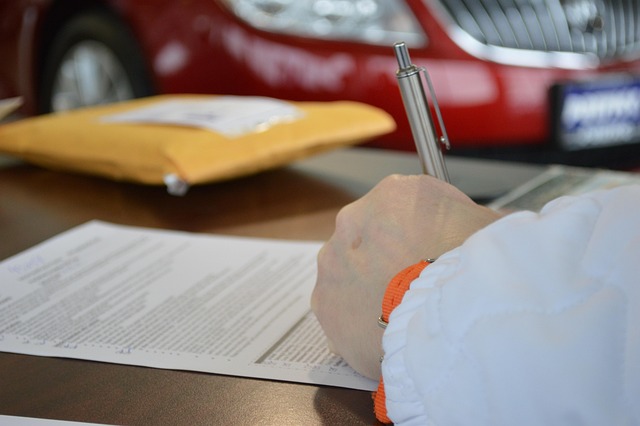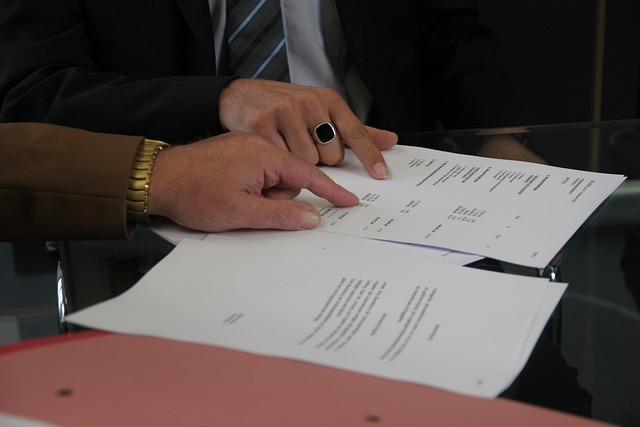When someone passes away, their money, property and possessions — known collectively as their estate — need to be dealt with. One of the first questions to ask is: “Do we need probate?”
There is no clear answer as it will depend on what the person owned, how their assets were held, and whether there was a Will.
What Is Probate?
Probate is the legal process that gives someone the authority to manage the estate of a person who has died. It is essentially a Court sealed piece of paper that confirm a person’s authority to deal with an estate.
It allows the executor named in the Will (or an administrator if there is no Will) to:
- Access bank accounts
- Sell or transfer property
- Pay debts, taxes, and expenses
- Distribute the estate to beneficiaries
If there is a Will, the document issued by the court is called a Grant of Probate.
If there is no Will, the document is known as Letters of Administration, and the person handling the estate is called an administrator rather than an executor.
When Is Probate Needed?
You will usually need a Grant of Probate (or Letters of Administration) if:
- The person owned a property or land in their sole name.
- The person had substantial savings or investments in their own name.
- Owned shares or investments
Most banks and building societies set their own limits, typically between £20,000 and £50,000. If the account balance is higher than their threshold, they’ll require probate before releasing the money.
Sometimes, life insurance policies or pensions with no defined beneficiaries will also require sight of the Grant of Probate (or Letters of Administration) before they will release any funds.
When Probate May Not Be Needed
In some cases, probate isn’t required. This can include:
- Jointly owned property
- If the property was owned as joint tenants, it automatically passes to the surviving owner under the right of survivorship.
- If it was owned as tenants in common, the deceased’s share forms part of their estate and probate may be required.
- Joint bank accounts
- The funds will usually pass automatically to the surviving account holder without probate.
- Small estates
- If the total estate is low in value and no property is owned, most institutions will release funds with just a death certificate and identification.
- Assets with named beneficiaries
- Some life insurance policies or pensions are written in trust or have nominated beneficiaries. These are paid directly and do not go through probate.
What Happens If There Is No Will?
If someone dies without leaving a Will, they are said to have died intestate. In this case, a close family member — usually a spouse, civil partner, or adult child — must apply for Letters of Administration.
The estate is then distributed according to the rules of intestacy, which set out who inherits and in what order.
How Long Does Probate Take?
The timescale varies greatly depending on the complexity of the estate. On average:
- Applying for probate can take 8 to 16 weeks, depending on how quickly the estate can be valued and any inheritance tax paid.
- Administering the estate — including selling property and distributing funds — typically takes 9 to 12 months in total but can take significantly longer depending on the assets in the estate and whether there are missing beneficiaries or minor beneficiaries (under age 18).
How Can We Help
From confirming whether probate is needed, to completing the application and managing the administration of the estate, we can guide you every step of the way. Contact us for an initial free call to discuss your situation and any questions you may have.



